“Wanna hide something from a nigga? Put it in a book.”
Jadakiss – Bring You Down
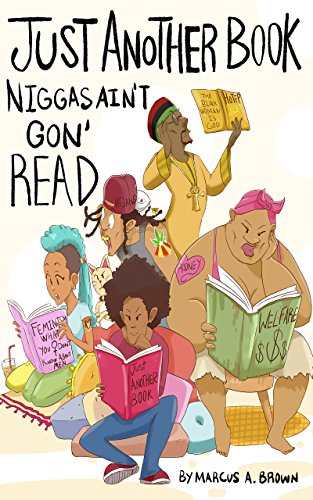
In 2004, the summer before I attended college, Jadakiss dropped this line in the song “Bring you down” on his album “Kiss of Death.” This lyric hit home and I started to reflect on my hot and cold relationship with reading.
You see, as a kid I would ask my mom to take me to the library every weekend to check out a backpack full of books, take them home, sit in my room, and READ. As I got older, reading became less of a leisure activity and more of a task or means to an end. I promised myself that I would get back into reading for fun, but it has been an ongoing struggle.
In the past 3 years, I’ve taken baby steps to read at least one book for fun each year. Big shout-out to audio books for helping me meet that goal. My partner reads for fun all the time, something I admire, and now I have a 10 month old son to whom I make a point of reading to everyday. Their influence motivates me to rebuild my habit of reading for fun.
When the team from The Liberation Lab shared that they were producing an online book list, I was excited because it was an opportunity to connect with the black community around reading, something I could have used growing up and as an adult. Even better is that our list highlights black authors and narratives that empower our youth and aim to strengthen our families.
I’m proud to say that I have read at least one of the books on this list and plan to complete them all by the end of 2022. In addition to this goal, I’ve been working on connecting and better understanding my cultural heritage. I realize that my definition of reading for fun is “reading for self-enrichment” and I think I’ve found the sweet spot to make reading a lifelong hobby.
Working on building a habit of reading in your household or for yourself?
Summer Reading List – The Liberation Lab
Juneteenth 2022 has passed – what did we learn? In 2021, The Liberation Lab released a video celebrating the inaugural year of Juneteenth as a federal holiday. In the year since, we met with parents who felt they didn’t know where to start when it came to discussing heritage in relation to current events with their children.
If you’re working on building a habit of reading in your household or for yourself, our reading list will give you a place to start.
Check out the curated list of book recommendations from the Liberation Lab Book Store and join me in a journey of enrichment through reading. Each book was selected to support a key learning objective relating to the Liberation Lab pillars – Community, Excellence, Freedom, Innovation, Power.
Featured Book – Black Fortunes
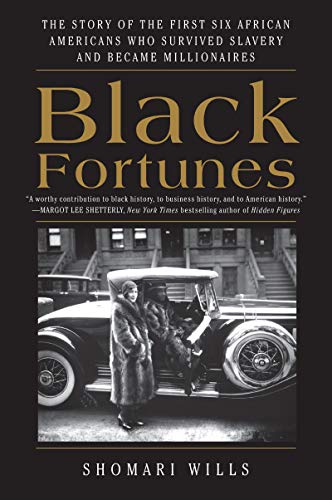
The first book in my journey is “Black Fortunes: The Story of the First Six African Americans Who Escaped Slavery and Became Millionaires”. Written by Shomari Wills, this book tells the story of six African Americans who escaped slavery and became millionaires. The book discusses the origins of the holiday and the significance of the Emancipation Proclamation. “Black Fortunes” is important because it discusses the meaning of freedom and what it means to be free. In the book, the main characters are able to assert their power and find their own sense of freedom.
“Black Fortunes” begins with the story of Benjamin Banneker, who was born into slavery but was able to purchase his freedom and become a successful farmer and surveyor. He used his skills to help survey the land for the new capital city of Washington, D.C.
Next, the book tells the story of Mary Ellen Pleasant, who was also born into slavery but was able to purchase her freedom and become a successful businesswoman. She used her wealth to help finance the Underground Railroad and support the abolitionist movement.
The third story is that of Harriet Tubman, who was born into slavery but escaped to freedom. She then helped hundreds of other slaves escape to freedom through the Underground Railroad.
Wills continues with a fourth story about Frederick Douglass, who was also born into slavery but was able to escape to freedom. He then became an abolitionist and a leading voice in the fight for civil rights.
The fifth story is that of Booker T. Washington, who was born into slavery but was able to purchase his freedom and become a successful educator. He founded the Tuskegee Institute, which provided education and training for African Americans.
The sixth and final story is that of Madam C.J. Walker, who was born into poverty but was able to become a successful businesswoman. She developed a line of hair care products for African American women and became one of the first black millionaires.
“Black Fortunes” is an important book as it tells the story of the first six African Americans who escaped slavery and became millionaires. The book discusses the meaning of freedom and what it means to be free. In the book, the main characters are able to assert their power and find their own sense of freedom.
Five More Books to Connect Children, Parents, and Juneteenth
1. “Juneteenth” by Ralph Ellison
2. “The Story of Juneteenth” by Steven Otfinoski
3. “Emancipation Proclamation” by Tonya Bolden
4. “Juneteenth Jamboree” by Carole Boston Weatherford
5. “Anti-Racist Baby Board Book” by Ibram X. Kendi
Why are each of these books important?
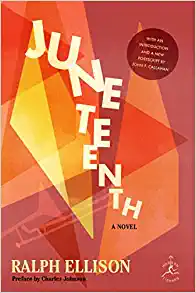
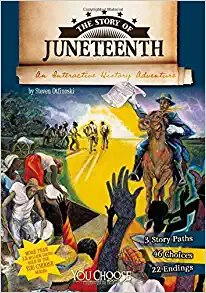
“Juneteenth” by Ralph Ellison tells the story of the holiday from the perspective of a black man living in the South. It touches on the importance of power because it tells the story of a black man who is able to assert his power despite the racism he faces.
“The Story of Juneteenth” by Steven Otfinoski is provides a detailed history of the holiday. The book takes a unique, “Choose Your Own Adventure”, approach to learning about Juneteenth. It builds on the pillar of freedom through its discussion on the history of the holiday and the significance of the Emancipation Proclamation.
“Emancipation Proclamation” by Tonya Bolden discusses the origins of the holiday and the significance of the Emancipation Proclamation. Bolden’s use of primary material surfaces key historical information about slavery in a format children can understand.
“Juneteenth Jamboree” by Carole Boston Weatherford celebrates the holiday through music and poetry, enforcing the pillar of community.
“Anti Racist Baby Book” by Ibram X. Kendi helps empower parents with the language and concepts that bridge the the conversation about racism and how to be live an anti-racist life.
If you had to choose one book for the parent of a young child to read right now, what would it be?
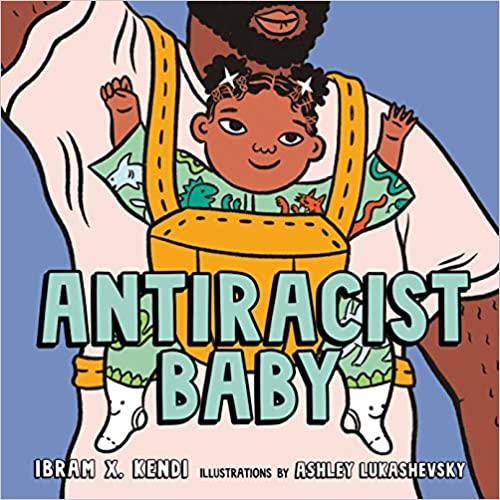
If I had to choose one book to read with my child it would be “Anti Racist Baby Board Book”. Aside from being an award winning way to broach the topic with children at a very young age, it also helps parents from different walks of life take an active role in imbuing their children with the energy, knowledge, and tactics of an anti-racist. These important lessons will help bring our children together as they grow up in this brave new world.
Why Is This Important?
While Juneteenth has long been celebrated by African-Americans and known to historians, the holiday marking the end of slavery in the United States in 1865 only recently became known more widely in the wake of the killing of George Floyd in 2020 and the subsequent nationwide protests that followed.
As Mason professor and historian Wendi Manuel-Scott said at an event explaining Juneteenth’s importance later that year, the commemoration “provides us with an opportunity to understand the long, long history of racism in the United States and the creative and courageous ways that Black folk have resisted American racism and discrimination.”1
In a response to a question about ways to celebrate Juneteenth, Prof. Manuel-Scott said “core to any Juneteenth activity must be learning about African American history, civic engagement, and freedom making for all. This means that we can can’t let the celebratory spirit of the day erase the long history of protest against anti-Black violence.”
Reading is Fundamental!
Now it’s your turn to get involved!
Follow us on
&
to stay tuned for the end of month trivia & prizes!
